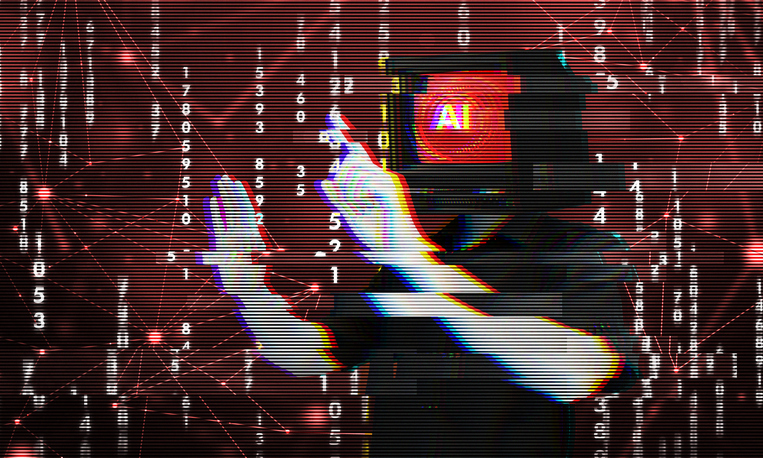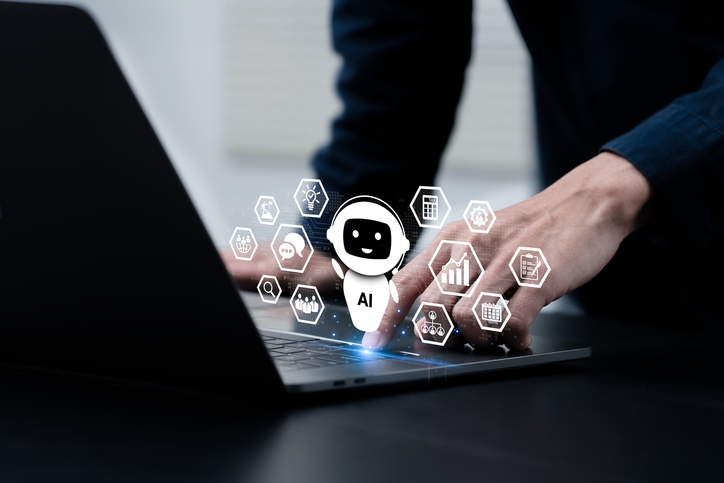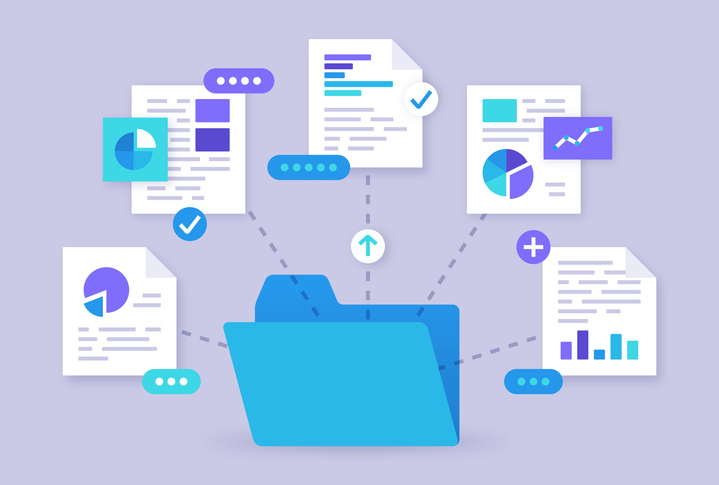Currently, artificial intelligence serves as a great tool for delivering facts.
However — in its current form — the technology is less capable of delivering telling insights and “making leaps of lateral thinking that characterises successful business initiatives,” says John Gikopoulos, Global Head for automation and artificial intelligence, Infosys Consulting.
The much debated argument that robots will replace human workers on a massive scale is an unrealistic idea, and only is possible — if at all— if you take a determinedly strict, fact-based approach to business. AI, robots — whatever you want to call them — are well placed for this data crunching business ideology. And, looking ahead, this relationship (between man and machine) will lead to a positive shift in the work people do (according to more insights from Gikopoulos).
>Read more on Artificial intelligence: Transforming the insurance industry
But, at the moment, ‘they’ can’t think like humans and make innovative judgements — in this respect, AI is like the driverless car that can’t tell the difference between a plastic bag and a pedestrian.
This responsibility falls to the CTO, CIO and their teams, who gather these insights and make creative, innovative and business-led decisions based on the facts. It is what businesses do with the facts, rather than the facts themselves, that determine success.

“The point is that robots are a complementary technology to our own unparalleled abilities in problem-solving, critical thinking and applying insight to business strategy and real-world goals,” explains Gikopoulos.
Artificial intelligence will lead to a ‘positive shift in the work people do’
“AI can find facts and can even recommend prescriptive or proscriptive actions – but what it can’t do is formulate a watertight strategy based on the insights it discovers. To truly make AI work for your business, ensuring your employees’ human skills are honed to perfection is as crucial as technological investments.”
Investing in artificial intelligence
The same truism applies across business: do not integrate technology for technology’s sake. There should always be a focus on business strategy, and the knowledge that introducing ‘this technology will help me achieve my business goals’.
This should be the prime consideration for any CTO or CIO. If AI is a technology that will align to business goals, then there is a long journey ahead. The technology can’t simply be added to existing systems.
Gikopoulos compares it to putting a Ferrari engine in a mid-range saloon. “It might fit under the bonnet, but the rest of the vehicle simply won’t stand up to the strain. Many businesses face the barrier of legacy infrastructure, systems and processes that weren’t designed with AI in mind. Without addressing these challenges, any AI initiative is likely doomed from the outset,” he says.
https://www.youtube.com/watch?v=qrGJsR6-W_0&feature=youtu.be
>Read more on Increasing the adoption of ethics in artificial intelligence
“Before a large organisation can seriously deploy AI in the wild, they need to deal with issues such as data dispersed among multiple systems and silos. This is a serious project in its own right, requiring the creation of an interdependent, interconnected, and integrated platform for the AI.”
“This is why the cloud is such an important tool for AI – ideally through full migration, but potentially via cloud-connected APIs – by providing that ‘single source of the truth’ on which accurate AI insight depends.”

Collaboration and cooperation
Collaboration and cooperation is key to the development and implementation of new technologies, especially artificial intelligence.
At the moment, according to Gikopoulos, AI is fenced off in its own protected sphere – and the only people involved in its operation and application are data scientists and engineers. These experts are necessary for AI to function properly, but “so are the people who depend on AI’s insight, such as line-of-business leaders for example,” says Gikopoulos.
>Read more on Artificial Intelligence — what CTOs and co need to know
“There are also issues such as privacy and compliance, not to mention aligning AI with the wider business strategy,” he continues.
“We can’t say this enough: AI is not a solution in itself; it is a tool like any other. It won’t provide the answer unless you give it the right questions, and that’s why collaboration and cooperation between different business departments is so important. Everyone has their own unique role to play in a successful AI-driven project: from the data scientists and engineers who work ‘under the bonnet’ to fine tune the application, to the people who actually take the system out on the road, whether they’re in sales or the finance department.”







